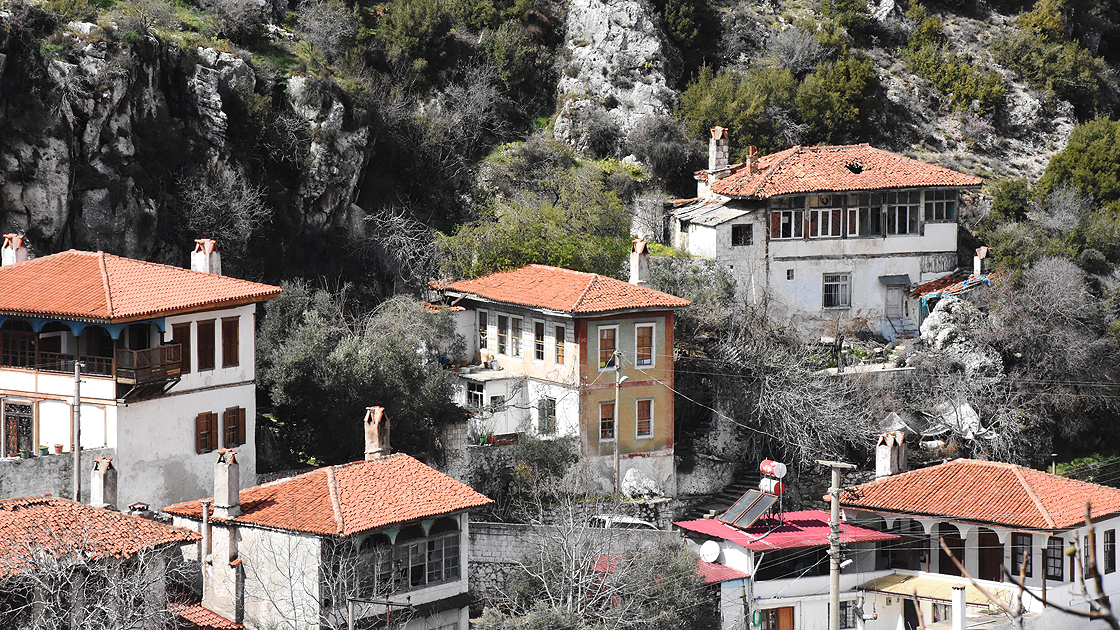The indigenous name Mobolla, over time corrupted into “Mogolla” and then further into the modern “Muğla”, appears for the first time in the beginning of the 2nd century BCE at the time of its region’s passage from what was apparently an eastern Carian federation linked with Taba (modern Tavas) and other cities to Rhodian domination.
Mobolla was part of the Rhodian Peraea on a firm basis as of 167 BCE until at least the 2nd century CE. The Rhodian territory started here and while region was subject to Rhodes, it was not incorporated in the Rhodian state.
There are almost no ruins to reveal the history of the settlement of Mobolla. On the high hill to the north of the city, a few ancient remains indicate that it was the site of an acropolis. A handful of inscriptions were unearthed within the city itself and they date back to the 2nd century BC.
In 2018, archaeologists unearthed a 2,300 year-old rock sepulchre of an ancient Greek boxer named Diagoras of Rhodes, on a hill in the Turgut village, Muğla province, Marmaris. This unusual pyramid tomb was considered to belong to a holy person by the local people.
The shrine, used as a pilgrimage by locals until the 1970s, also has the potential to be the only pyramid grave in Turkey. Excavation team also discovered an inscription with these words: “I will be vigilant at the very top so as to ensure that no coward can come and destroy this grave.”
In 2018, archaeological ruins and mosaics discovered in the city have been confirmed to belong to the villa of the Greek fisherman Phainos, who lived in the 2nd century CE. Phainos was the richest and the most famous fisherman of his time.
Turkish-era Muğla also remained a minor site in the beginning despite having been captured relatively early for western Anatolia in the course of the 13th century. The local ruling dynasty of Menteşe had their capital in Milas.
Muğla acquired regional importance after it replaced Milas as the seat of the subprovince (sanjak) under the Ottoman Empire in 1420. The sanjak kept the name Menteşe until the Republican Era, when it was renamed Muğla after its seat of government.






















